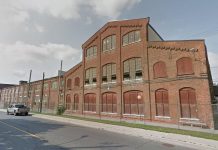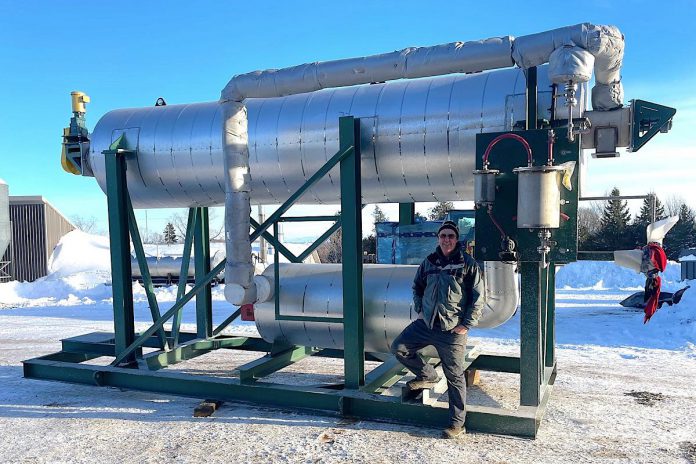
Nestled in the rolling hills of Cavan, Woodleigh Farms is a six-generation family farm that’s quickly transforming into a hub of agricultural research and innovation.
Once welcomed to this picturesque yet unassuming property, visitors learn that beyond farming, the Lamothe family have another goal: to demonstrate that the secret of becoming an economically successful and environmentally sustainable family farm is to regenerate the organic material and nutrients in soil that’s been lost through decades of agricultural practice.
Woodleigh Farms grows grain and hay, raises sheep, produces maple syrup, and operates a market garden, all on about 500 acres. Like other family farms, Norm Lamothe and his family have witnessed some of the changes and challenges farmers face to maintain their livelihood.
“I want to prove that a small farm can be successful and can feed a family,” Lamothe says. “We’re blending concepts together and proving that we can make money, be ecologically sustainable, and not have the need to expand our acres.”
Lamothe believes that one such concept is to use waste wood and biomass to support soil health.
In North America, agricultural practices have depleted organic matter by 50 per cent over the last 100 years, meaning most farmers today apply amendments and practices that contribute notably to both their costs and carbon footprint.
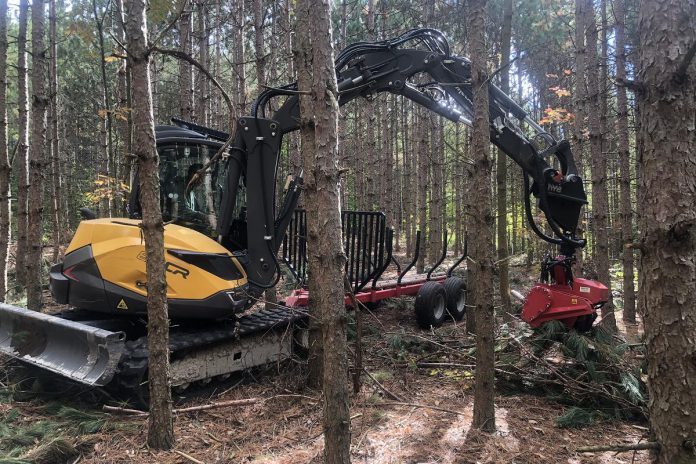
Woodleigh Farms, a member of Green Economy Peterborough — a GreenUP program for local businesses that recognize the necessity of transitioning to a low carbon economy — has set a target to become operationally net zero.
In addition to introducing best practices like cover cropping, rotational grazing, and composting at Woodleigh Farms, the Lamothes are piloting the Catching Carbon project, a first-of-its-kind-in-Canada project to produce and trial biochar, a carbon-sequestering organic amendment that supports crop and soil health.
Biochar is a stable form of carbon produced through pyrolysis — the heating of an organic material, such as biomass, in the absence of oxygen.
Through the Catching Carbon project, Woodleigh Farms will transform biomass and wood chips from local, unmarketable, unusable sources into an amendment that is able sequester up to four tonnes of carbon dioxide (CO2) per tonne of biochar.
“We’re taking waste materials and converting them into something meaningful,” Lamothe explains.
The biochar facility is a marvel of circular economy thinking, which promotes the sustainable reuse of what already exists rather than the production of new goods. Wood chips are carefully processed through a system that captures and reuses gases, minimizing waste and emissions.
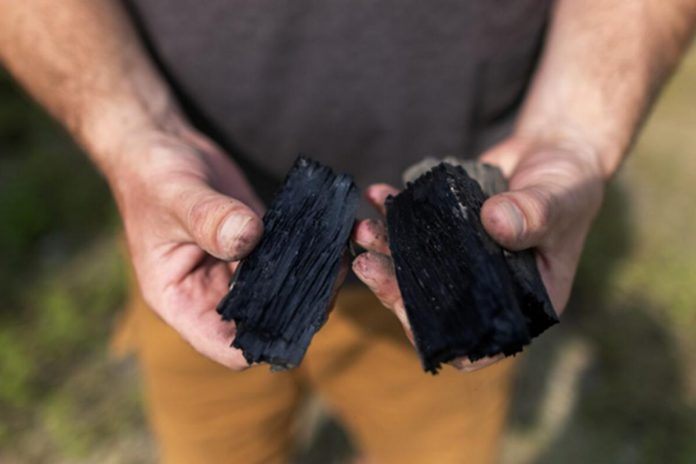
The resulting biochar acts like an “apartment building for microbes,” improving soil porosity, water retention, and nutrient cycling.
By introducing biochar, Lamothe expects to reduce fertilizer costs and improve crop yields.
“When you have an economic benefit and a sustainability benefit, those are the wins for me. These are not decisions based in emotion. It’s crystal clear.”
Over time, Lamothe and the numerous academic and agricultural partners he is working with hope that Catching Carbon can be scaled up, marketed, and shared with others.
“We see our projects as a knowledge-transfer opportunity,” he says.
With agriculture on the front line of climate change, Woodleigh Farms represents a new breed of farmer — data-driven, environmentally conscious, and economically savvy.
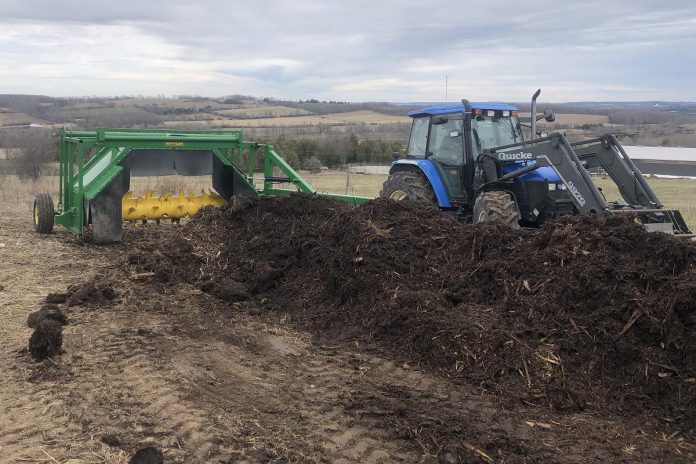
Lamothe’s message is simple: sustainability is not a sacrifice, but a strategic advantage.
“I’m not here to say I have all the answers,” he states. “I’m here to prove that things can be done differently.”
And in doing so, Woodleigh Farms is cultivating hope for a more sustainable agricultural future.
Woodleigh Farms is a lead member of GreenUP’s Green Economy Peterborough (GEP) program. GEP works with business owners to understand and strategically implement actions to reduce climate impact and increase efficiency. To learn more about what GEP can do for your business, email jackie.donaldson@greenup.on.ca or visit www.greeneconomypeterborough.ca.



